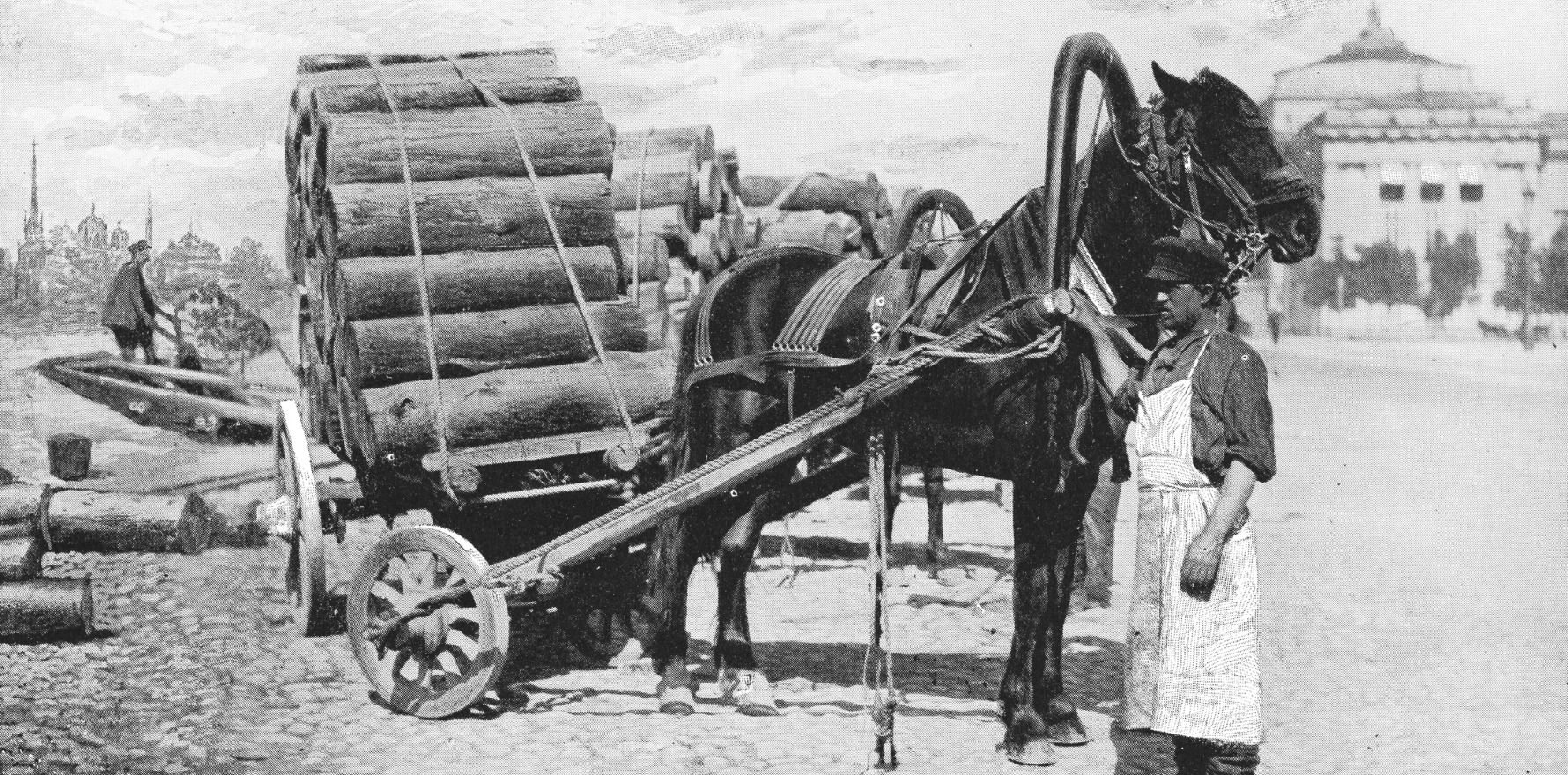‘My chief concern is that we will see a repeat of the NSW Ice Inquiry, where a report is drafted, handed down, but reform does not eventuate,’ says Network of Alcohol and other Drug Agencies CEO.
Advocates are looking for evidence of concrete policy change, real improvements and transparency over “long overdue” drug and alcohol policy reform.
Tomorrow the NSW Drug Summit resumes in Sydney.
The last summit, held 25 years ago, was the birthplace of the first medically supervised injecting clinic in King’s Cross.
The preamble to the Summit has seen concerns raised over “talkfests” with little concrete outcomes, despite desperate need.
Speaking on the Summit, Network of Alcohol and other Drug Agencies CEO Dr Robert Stirling said the government did not have time to wait for the Summit report to enact change.
“My chief concern is that we will see a repeat of the NSW Ice Inquiry, where a report is drafted, handed down, but reform does not eventuate,” Dr Stirling said.
“I am calling on the Premier and his government to show courage and announce a commitment to act at the end of the Summit which puts us on a path towards meaningful reform.
“This cannot be a talkfest filled with platitudes for change. It must lead to real improvements.”
Today, NADA released new data on waitlists for alcohol and other drug services provided by NGOs.
According to the data, waitlists for services sat at around 1800 individuals at the end of September.
The average wait time for residential withdrawal services was 12 to 26 weeks, but would likely be longer if public and private services were included, said NADA.
NADA said NGO-provided treatment – which helped over 8000 people achieve 75% improvement in their psychological health – could not be maintained at its current levels without more funding.
It called on the government to commit to drafting a Drug and Alcohol Strategy with clear targets and funding.
“It’s been 15 years since our last drug and alcohol strategy, and this needs to be a key deliverable from the Summit,” Dr Stirling said.
“It must provide strategic direction across prevention, early intervention, treatment and harm reduction – ensuring that people have access to services where they live that meets their needs.
“We are on the precipice of meaningful alcohol and other drug reform, but we cannot trip at the final hurdle.
“The NSW government must act decisively and translate the Summit’s discussions into concrete policy changes that prioritise community health and wellbeing as soon as possible.”
Related
In a joint statement from NSW social service organisations, including Uniting NSW/ACT – the curators of the medically supervised injecting centre in Kings Cross, the outcome of the 1999 Drug Summit – the groups joined the plea for reform.
“We see the ongoing impact that stigma has on people who use drugs and experience drug dependency and the difficulty in accessing services,” read the statement.
“We see an overdose rate that continues to climb across the state and systems and policies that disproportionately harm the most vulnerable in the community.”
The contingent said their hopes and expectations for the summit were high and called for “dignifying, evidence based and health-focused” solutions that did not perpetuate stigma.
General manager for advocacy and external relations at Uniting NSW/ACT Emma Maiden said communities “have waited too long for real reform”, but that the organisation was hopeful NSW could become the leader in “fair and sensible drug policy”.
NSW Council of Social Service CEO Cara Varian said the summit was a rare opportunity for “long overdue reform”.
“It is critical that we set ourselves on a path to achieve actionable tangible outcomes which will benefit the entire community.
“That requires the NSW Premier to be brave and commit to a comprehensive drug and alcohol roadmap, along with adequate funding for our under-resourced frontline service providers which are hanging on by a thread.”
Over the recent weeks, since the inauguration of the summit, the NSW government has made a series of announcements regarding funding of drug and alcohol services.
On Sunday, Health Minister Ryan Park announced a $224 million funding boost to enhance services over four years.
Speaking at NSW Budget Estimates on Monday, Greens MP Cate Faehrmann said it was unclear how much of the money was new, or whether it was part of the $500 million funding promised in response to the inquiry into the drug “ice” in 2022.
“I have spoken with numerous representatives of organisations, alcohol and other drug services and advocacy groups that say that the transparency around exactly how this $500 million funding is being spent, and the improvements in terms of outcomes for the alcohol and other drug sector and compliance is very opaque,” she said.
NSW Health acting chief health officer Dr Michelle Cretikos said the $224 million boost was, to her understanding, part of “the response to the Special Commission of Inquiry funding that is being continued to be implemented across New South Wales”.
Ms Faehrmann said lots of the ice funding, approximately $196 million, had gone to local health districts.
She queried whether there were lists of additional services now offered by the LHDs or any reporting requirements to track where the money was being spent and the efficacy of the investments.
This was taken on notice.





